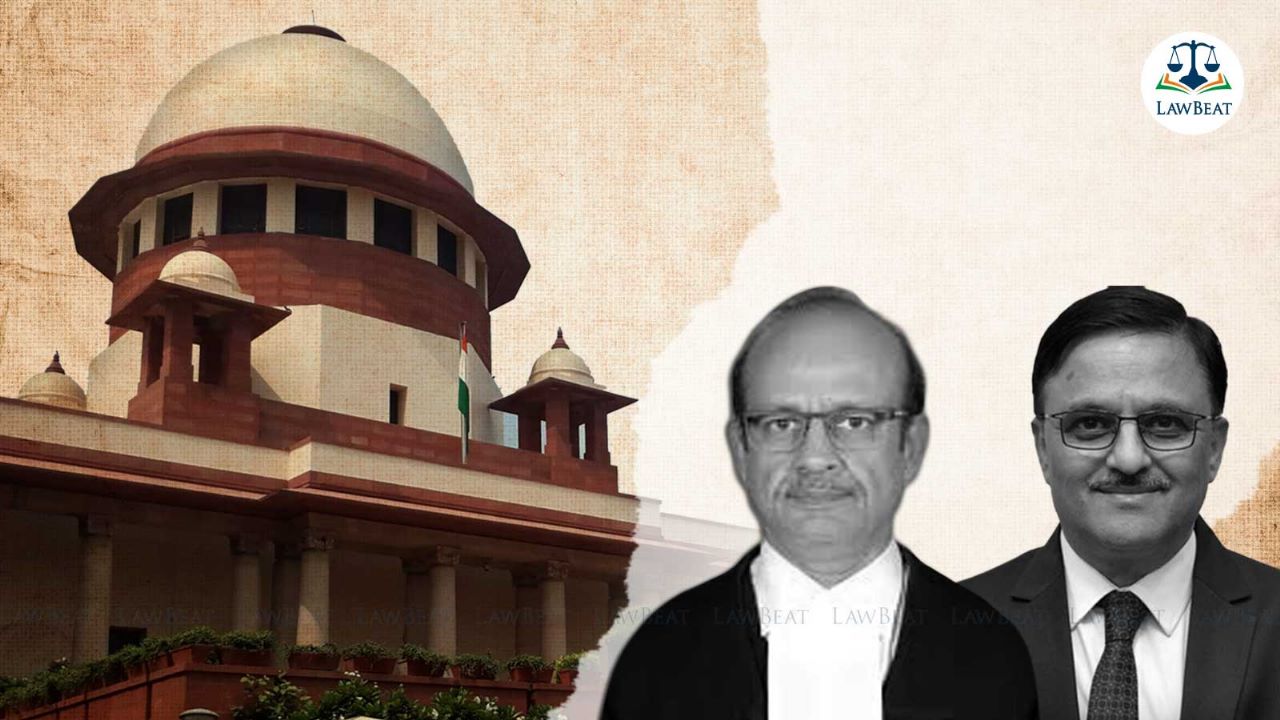Subsequent purchaser can't invoke HC's jurisdiction on lapse of land acquisition: SC

Court was hearing an appeal filed by the Government of NCT Delhi against the decision of the High Court whereby a petition by one Ravinder Kumar Jain and others invoking Section 24(2) of the Right to Fair Compensation and Transparency in Land Acquisition, Rehabilitation and Resettlement Act, 2013 was allowed.
The Supreme Court has emphasised that an owner who bought the land subsequent to issuance of notification under the land acquisition law cannot invoke jurisdiction of the High Court to claim that acquisition had lapsed.
A bench of Justices Abhay S Oka and Rajesh Bindal rejected a contention that it is a case where neither the compensation has been paid nor the possession of the land has been taken.
The court cited the Constitution Bench judgement in 'Indore Development Authority vs Manoharlal and Others' (2020), which had reiterated the legal position that a subsequent buyer of the property after issuance of the notification under Section 4 the 1894 Act has no locus to invoke Section 24(2) of the 2013 Act.
The apex court was hearing an appeal filed by the Government of NCT Delhi against the decision of the High Court whereby a petition by one Ravinder Kumar Jain and others invoking Section 24(2) of the Right to Fair Compensation and Transparency in Land Acquisition, Rehabilitation and Resettlement Act, 2013 was allowed.
The High Court had held that the acquisition in question had lapsed for the reason that neither the possession of the land was taken nor the compensation for it was paid.
In the case in hand, the top court pointed out, it was the admitted position on record that notification under Section 4 of 1894 Act was issued on November 25, 1980 and the sale deed in favour of Jain was registered on June 18, 2003.
"Rather it is evident from the affidavit filed by the Land Acquisition Collector in the High Court that the respondent no.1 purchased the land from Behl Brothers vide registered sale deed dated 18.06.2003, who had purchased the same from M/s Ansal Housing and Estates (P) Ltd. vide sale deed dated 09.06.1981, which itself was after the issuance of notification under Section 4 of the 1894 Act on 25.11.1980. Hence, the respondent will not have right to invoke jurisdiction of the High Court to claim that the acquisition in question had lapsed in view of Section 24(2) of the 2013 Act," the bench said.
The top court set aside the High Court's order and dismissed the writ petition by Jain and others.
The counsel for the respondent said that it was a case where neither the compensation had been paid nor the possession of the land had been taken.
"The respondent no.1 has already constructed his house on the land in question and living there.for more than a decade. He is assessed to house tax, which is being paid regularly. At this stage, disturbing his possession will be quite harsh as he would be deprived of shelter on his head," he said.
He further submitted that the sale deed in the case was registered after due permission from the authorities. Hence, at this stage, he should not be deprived of his possession, he said.
The bench, however, did not agree to the contention, saying as regards the locus of a subsequent purchaser to invoke Section 24(2) of the 2013 Act to claim that the acquisition had lapsed, the law is well settled by a judgement of the three Judge Bench of this court in Shiv Kumar and Ors vs Union of India and Ors (2019).
"The intendment of the 2013 Act is to benefit farmers, etc. Subsequent purchasers cannot be said to be landowners entitled to restoration of land and cannot be termed to be affected persons within the provisions of the 2013 Act. It is not open to them to claim that the proceedings have lapsed under Section 24(2)," the bench quoted the previous judgement.
Case Title: Government of NCT of Delhi v Ravinder Kumar Jain & Ors.
